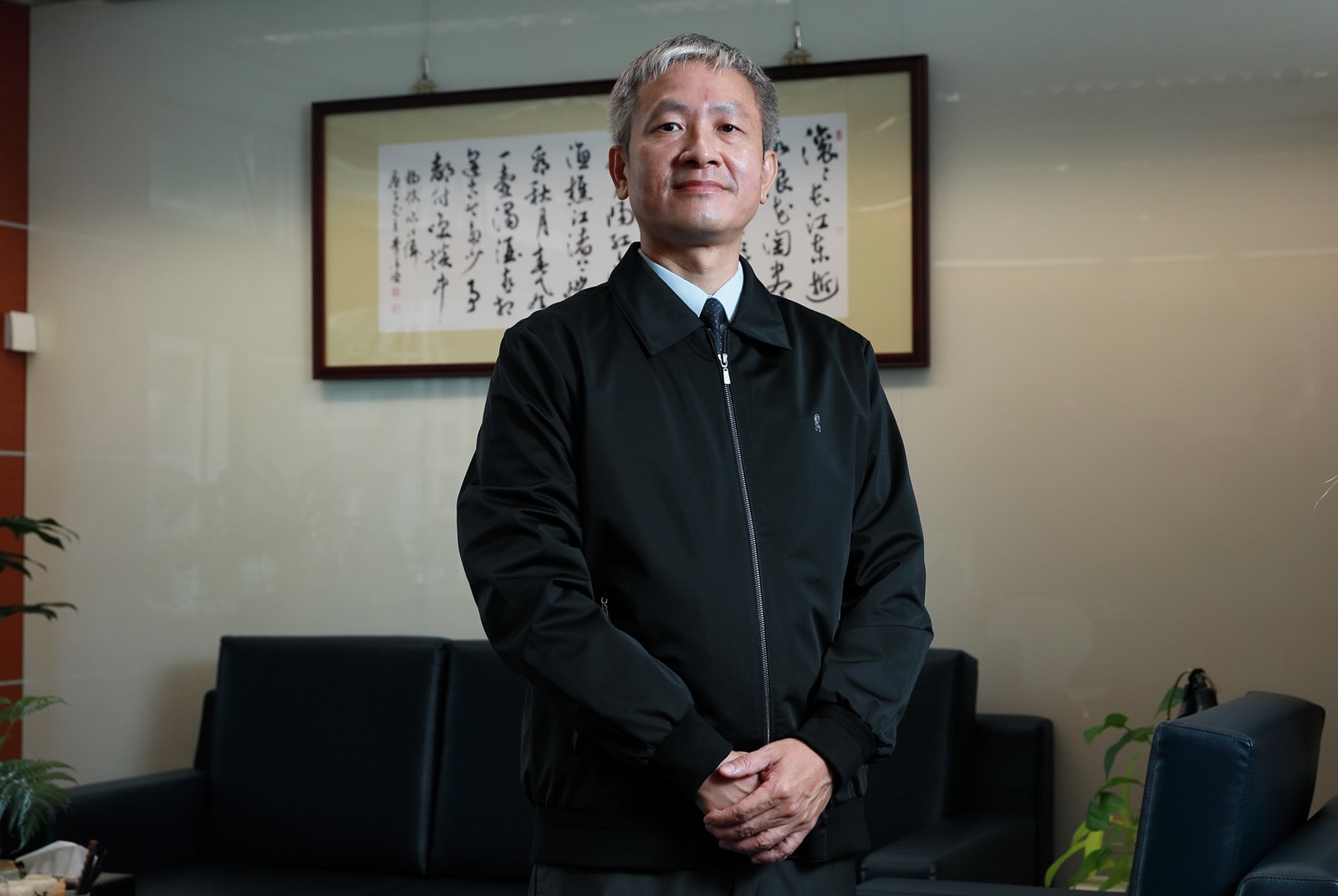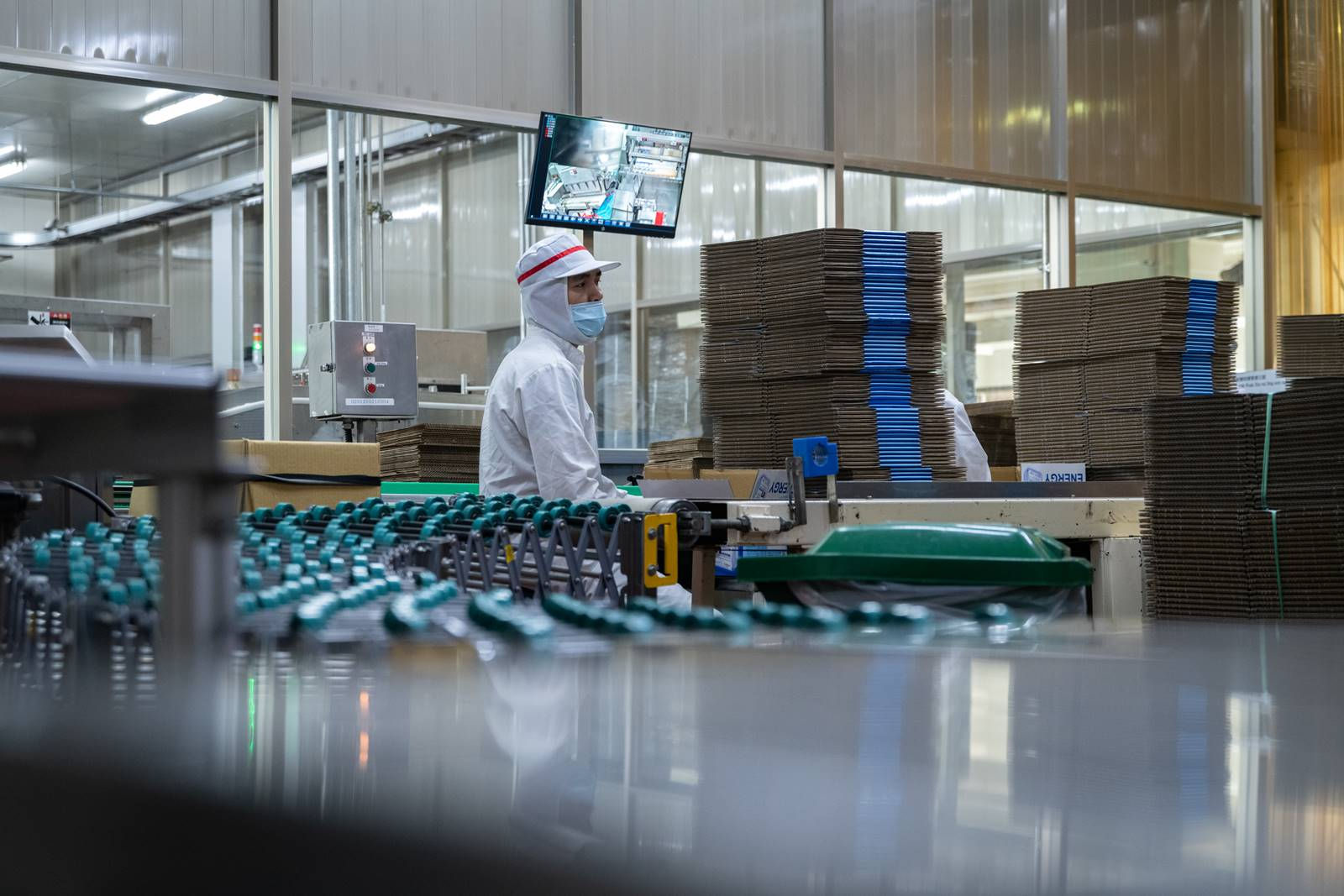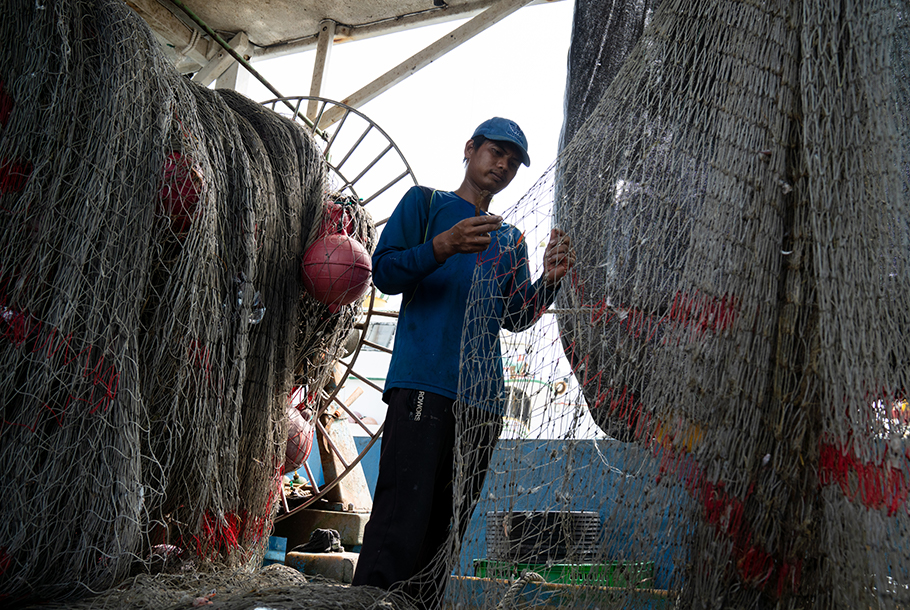From migrant workers to immigrants: Taiwan’s solution to the declining population

Source:Pei-Yin Hsieh
Taiwan has trouble attracting migrant workers. The Ministry of Labor announced a new policy. Not only will migrant workers be welcomed with open arms, there will also be a path toward permanent residency.
Views
From migrant workers to immigrants: Taiwan’s solution to the declining population
By Pei-hua LuFrom CommonWealth Magazine (vol. 737 )
♦ Time for migrants in Taiwan to become immigrants?
The COVID-19 outbreak in Taiwan appears to be stabilizing. In November, Taiwan’s Ministry of Labor reopened the borders to migrant workers. However, labor shortage problems persist among both migrant caregivers and laborers. What’s worse, as Japan and Korea take steps to resolve their labor shortage problems with migrant workers from Southeast Asia, Taiwan, which cannot offer nearly as much in pay, runs the risk of no longer being able to attract foreign labor. This will only deepen the labor shortage crisis.
Tsai Meng-liang, Director-General of the Ministry of Labor's Workforce Development Agency, has clearly stated that as the demographic structure in Taiwan shifts, migrant worker policies and regulations will also have to change. A cap on the number of workers will no longer suffice to solve the issue of labor shortage. Instead, the current situation calls for more effective management.
At the same time, in order to attract more highly trained migrant workers, Taiwan will follow Japan’s example. In the first half of 2022, foreign nationals who possess certified professional skills and income levels that meet the requirements, and who’ve worked in Taiwan for at least six years, will be eligible to apply for permanent residency.
The requirements are not quite as high as those in Japan, because Taiwan’s labor shortage problem is such that overly restrictive policies may hamstring its effort to attract foreign talent. Below is an excerpt from the interview:
Taiwan relies more and more on migrant workers; this is an undeniable phenomenon.
The most advanced machines cannot replace humans
There are some who say Taiwanese workers can be recruited if businesses are willing to pay. But this is not true of all industries. Small- and medium-sized enterprises make up 98% of Taiwanese companies; they simply cannot offer pay on par with larger businesses. What’s more, the labor shortage crisis is especially acute in labor-intensive industries. These are the kinds of jobs that younger Taiwanese workers will not do, and for which older workers don’t have the strength. The inability to recruit laborers will ultimately drive companies out of business, which will lead to Taiwanese workers being laid off as well.
Others say robots and automation are the solution. However, not everything can be automated. Even the most advanced robot caregiver cannot replace the human touch.
 (Source: Pei-Yin Hsieh)
(Source: Pei-Yin Hsieh)
In a society that is getting older and having fewer children, the labor force is bound to shrink year by year, exacerbating the labor shortage issue.
This is the hard truth we must face, so our policies toward migrant workers will have to be adjusted as well. Currently, the percentage of migrant workers in the overall labor force is still very low. Migrants make up only 3.76% of workers employed by businesses, and 1.94% of domestic workers and caregivers. The issue is not welcoming more migrant workers to come work in Taiwan. The point is to solve the labor shortage problem without affecting the job opportunities of Taiwanese workers.
This is wholly different from the situation ten years ago, when we were worried that foreign workers might take the jobs of Taiwanese workers. We are no longer setting a cap on the total number of migrant workers, but we will remain vigilant. We will keep a close eye on social impact indexes, such as employment and unemployment numbers, days of unpaid leave, reduced work hours, and so on, and adjust our policies accordingly.
Taiwan must entice highly skilled workers to stay
What’s more, Taiwan’s migrant worker policies have been criticized in the past as grooming laborers to go work in other countries. Because there was a limit to how many years a foreign worker could work in Taiwan, they would leave once their time was up, and be welcomed by Japan or Korea with open arms. Therefore, we must do more in the future than just attract migrant workers. We must help them become immigrants, if they so desire, and keep these valuable, highly skilled workers.
This was outlined in the “New Economy Immigration Bill”; however, the National Development Council (NDC) ultimately determined there was difficulty in passing a new law, and so the tasks were distributed among the government agencies involved in the process.
 (Source: Pei-Yin Hsieh)
(Source: Pei-Yin Hsieh)
Currently, fishers, domestic workers, caregivers, and other industry workers who came to Taiwan in accordance with the Employment Service Act must comply with the restriction on the number of years they are allowed to work in Taiwan, and they cannot apply for residency.
However, there is an Article in the Employment Service Act that mentions: “Specialized workers…approved by the Central Competent Authority due to the lack of such specialists in the domestic employment market and the business necessity to retain the service of such specialists.” These workers are not restricted in this way.
In the future, blue-collar migrant workers who have worked in Taiwan for a minimum of six years, and who possess the necessary qualifications and income level, can be approved by the Ministry of Labor to fall under this Article. In effect, they will be able to apply for permanent residency in accordance with the Immigration Act. They will not only benefit from Taiwan’s labor pension, their adult children will also be able to work in Taiwan without any restrictions placed on their professions.
Currently, our way forward is clear. We are establishing the qualifications and income thresholds for different industries. Because this does not require the passing of a new law, but only an executive order, the new rules are set to go into effect in the first half of 2022.
Service sector need not apply; Taiwanese workers will have priority
Migrant workers who have the professional skills, can speak Mandarin Chinese, and have adapted to Taiwanese society not only match the requirements of Taiwanese businesses, they can contribute to the development of our economy and society.
With the passing of the COVID-19 pandemic, Taiwanese businesses are expected to experience a rapid and vibrant resurgence. This necessitates the hiring of foreign workers. At the same time, the domestic employment market should match the needs of different industries. The Ministry of Labor will set up special programs to assist certain sectors, such as the accommodation and food service industries, as well as the transportation industry.
However, it is certain we will not open the service sector to migrant workers. After all, 60% of Taiwanese workers work in service. Opening it up to migrant workers would jeopardize the employment opportunities of young workers and older female workers. For this reason, we must exercise caution in this regard.
Have you read?
♦ Time for migrants in Taiwan to become immigrants?
Translated by Jack Chou
Edited by TC Lin
Uploaded by Penny Chiang






